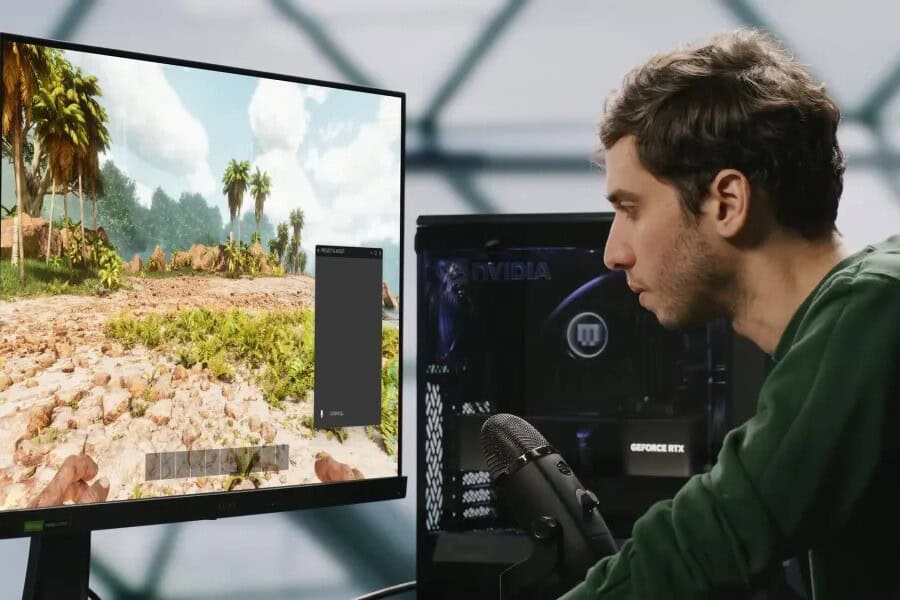Nvidia has officially announced the launch of its much-anticipated AI assistant, Project G-Assist, which will be available in beta starting in February. Designed exclusively for RTX graphics card users, the AI-powered tool is poised to revolutionize the gaming experience, offering PC gamers a host of innovative features aimed at optimizing performance and enhancing usability.
Initially introduced as a technical demo last year, Project G-Assist was showcased as an AI assistant that could guide players in gaming scenarios. Nvidia has now transformed it into a full-fledged product. The final version of G-Assist goes beyond gaming guidance, evolving into an AI-driven assistant tailored specifically for Nvidia GPUs.
G-Assist functions as a chatbot akin to ChatGPT but is specifically built to integrate deeply with Nvidia’s GPU capabilities. It provides users with the ability to optimize gaming performance by automatically adjusting GPU parameters and in-game settings. Additionally, users can request tasks such as graphing frame rates and latency or fine-tuning their performance to meet specific frame rate targets.
The assistant is designed to streamline GPU management by incorporating features found within the Nvidia Overlay. Users can use G-Assist to start or stop recordings, overclock or undervolt their GPUs, update drivers, and more. Nvidia has ensured that the tool works seamlessly with both text and voice inputs, making it highly accessible and easy to use. Importantly, Nvidia confirmed that G-Assist operates entirely on-device and does not require an internet connection, offering peace of mind regarding data privacy and security.
One of G-Assist’s standout features is its open API, which allows for custom plugins, making it highly versatile. Nvidia has already partnered with companies like Corsair and Logitech to create integrations that extend G-Assist’s functionality beyond GPU management. Through these plugins, users can diagnose system issues, control peripheral lighting, and manage fan noise. For developers, Nvidia has made the plugin framework available on GitHub, along with a test interface for experimenting with plugins before releasing them to the public. This community-driven approach is expected to lead to a wide array of creative uses for G-Assist, further expanding its capabilities.
G-Assist’s capabilities won’t be limited to Nvidia’s ecosystem. Nvidia revealed that the technology behind G-Assist will be integrated into other popular software, including MSI Center, MSI Afterburner, Streamlabs OBS, and the Omen Gaming Hub. This move underscores Nvidia’s commitment to making G-Assist a central tool for gamers across various platforms.
By combining advanced AI technology with practical utility, Nvidia aims to make G-Assist an essential tool for PC gamers. The app’s ability to simplify GPU management, optimize performance, and provide extensive customization options sets it apart from traditional software tools. With the beta version rolling out in February, Nvidia has positioned G-Assist as a must-try for gamers looking to elevate their gaming setup. Its combination of powerful features, community-driven development, and ease of use could make it a game-changer in the world of PC gaming.


